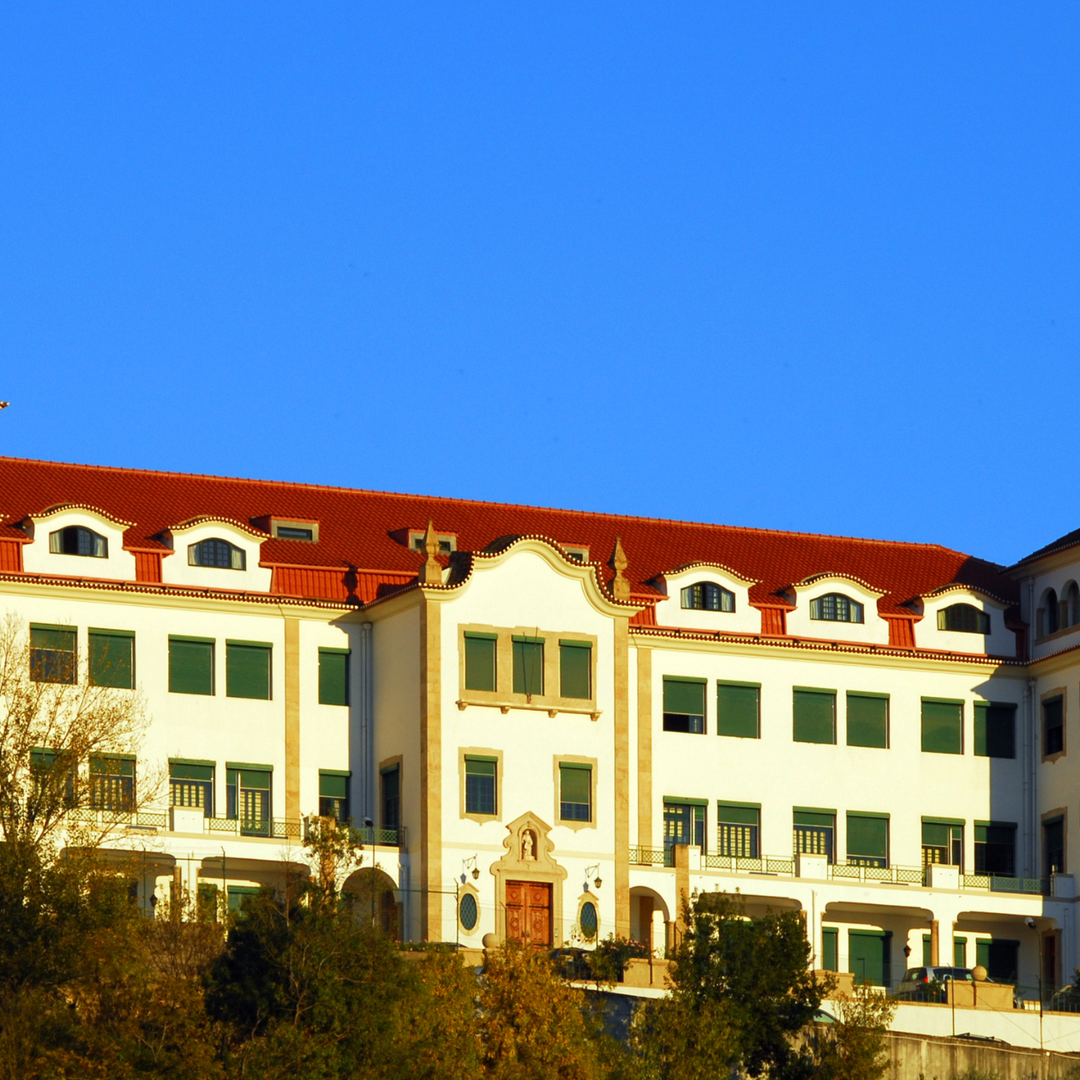If you are moving to Portugal and taking the rest of your family with you, you might be interested in education options for your children. Portugal offers several possibilities in how to handle this. Schooling in Portugal is split into four cycles.
These are as follows: Cycle 1 (ages 6–10), Cycle 2 (ages 10–12), Cycle 3 (ages 12–15), and Secondary Cycle (ages 15–18). Education is also split between private and public schools, with private schools predictably having a higher quality reputation.
Public schools are free, teach in Portuguese, and are accessible to both citizens and foreigners alike. Private schools in Portugal, including international schools, teach in a range of languages and charge fees. It is also important to note that in Portugal, homeschooling is legal, which will undoubtedly be an attractive factor to some. As in most European countries, the Portuguese school year spans months from September to June, with additional breaks on major holidays such as Christmas and Easter.
Public schools
This will be a tricky area for most ex-pats, as public schools run naturally primarily in Portuguese. There was a surge of particular fear from ex-pats in reaction to frequent teacher strikes and generally low quality in public education. And while these issues are slowly being addressed, it is probably wise for ex-pats to be wary of it and choose a prospective public school carefully. It should be noted that there is also a considerable amount of paperwork before you can enrol your kids.
Private schools
Private schools have a considerable presence in Portugal and will probably be considered an optimal choice for ex-pat families. There is a great variety, and you will likely be able to find a school that will fit your needs (and those of your kids, naturally). In general, they are reputed to have better offers of extra-curricular activities and more modern facilities than the public schools. There are many faith-based private schools in Portugal. As the country has traditionally been Catholic, many will be owned and ran by the Catholic Church, so if you have religious priorities for education, you should find a good option in this sector.
International schools
Many international schools are present in Portugal, and most of them are to be found in the regions of Lisbon and Algrave, which are generally popular among ex-pat residents. The international schools in Portugal have a naturally high reputation for their quality curriculum. They, however, can be pretty expensive. You should, however, be able to negotiate a discount based on your ex-pat status.
Homeschooling
Ensino Doméstico, Portuguese for homeschooling, is perfectly legal in the country, which might be a huge relief. You will, however, need to acquire authorisation from the local school board, for which you will need to submit a written declaration summing up basic info on your family.
Every local educational office will probably have different standards, so it is wise to enter into contact with them in due time so that you are ready to make all necessary preparations. Summary The educational system in the country will provide you with plenty of viable options, from which you will surely be able to choose the right one.
A few months living
Take a look at available apartments in Lisbon
